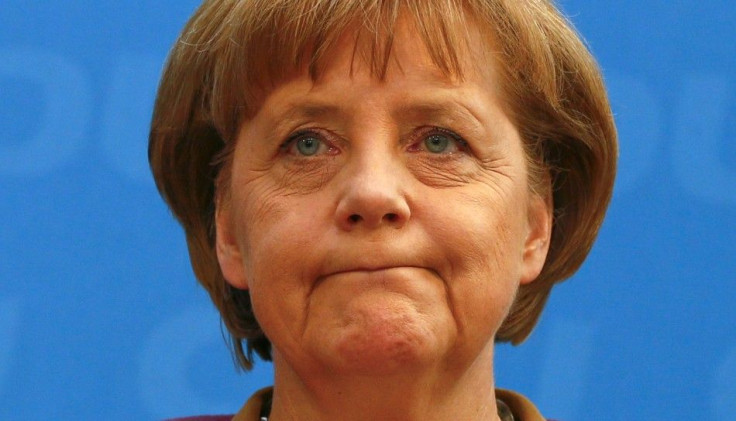Germany, Most Robust European Economy, Headed For Recession - Economists

With unemployment at its lowest level in 20 years, GDP growth that's exceeded analyst expectations so far this year, low inflation and a general perception that it is the most economically robust country in Europe, the casual observer might be tempted to think Germany is some kind of paradise of plenty.
Compared to places like Greece, where nearly every single one of the nation's public servants took turns engaging in violent street protests this week, and Spain, where unemployment falls just shy of 25 percent, it would surely seem that way.
But instead of telling the Germans it's time to "rejoice!," economists following trends in the country's output have instead begun using another, much-dreaded R word: recession.
"We still see Germany slipping back into recession before long," Jennifer McKeown, a senior European economist at London-based Capital Economics, said in a note to clients Friday, an assertion made even as she noted a sharp rise in industrial production numbers for July.
That comment followed another report Thursday by economists at the Organization for Economic Cooperation and Development, or OECD, that estimated the German economy had already entered a period of contraction, and would shrink by 0.5 percent and 0.8 percent in the year's two remaining quarters.
"It's hard to argue strongly against this type of forecast," Janet Henry, chief European economist at British HSBC, told The New York Times following the OECD report. "It is increasingly clear that Germany will see a contraction in the third quarter."
The reason economists are now publicly souring on Germany: decreasing sentiment at home, in spite of comparatively high employment levels and stable prices is driving back the investment that has held up the economy even as the eurozone around it faltered.
"Despite favourable borrowing conditions, firm managers probably adopted a wait-and-see attitude and put off some of their investment plans in line with the climate of uncertainty and timid growth," Catherine Stephan, an economist at French BNP Paribas wrote in a late August note following the release of GDP figures. It's useful to note that while those figures beat analyst expectations, they were still below stall speed at 0.3 percent sequential growth.
Causing more pessimism in the forecasts has been the view that global demand for German exports, the other factor that has allowed the country to keep its head above the sea drowning its European peers, is waning. Economic slowdowns in Shanghai, Krakow and Sydney are being felt hard in Munich and Frankfurt.
"In the short term there is no way Germany can live on an island by itself and avoid the slowdown - and there is a synchronized global slowdown going on," Andrew Bosomworth, who manages the German portfolio of global bond firm PIMCO, said on CNBC Friday morning.
A dire warning, indeed.
© Copyright IBTimes 2024. All rights reserved.




















